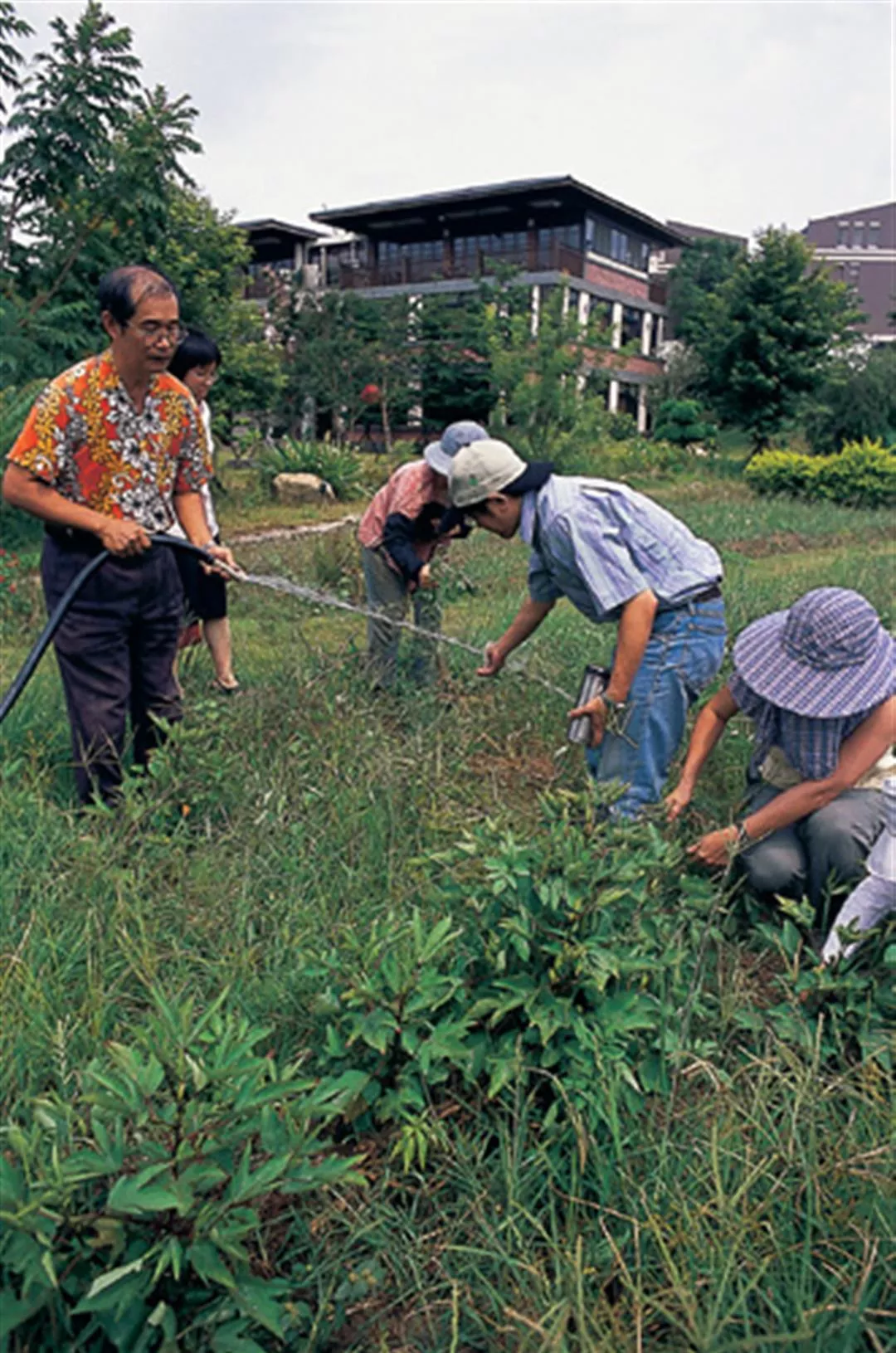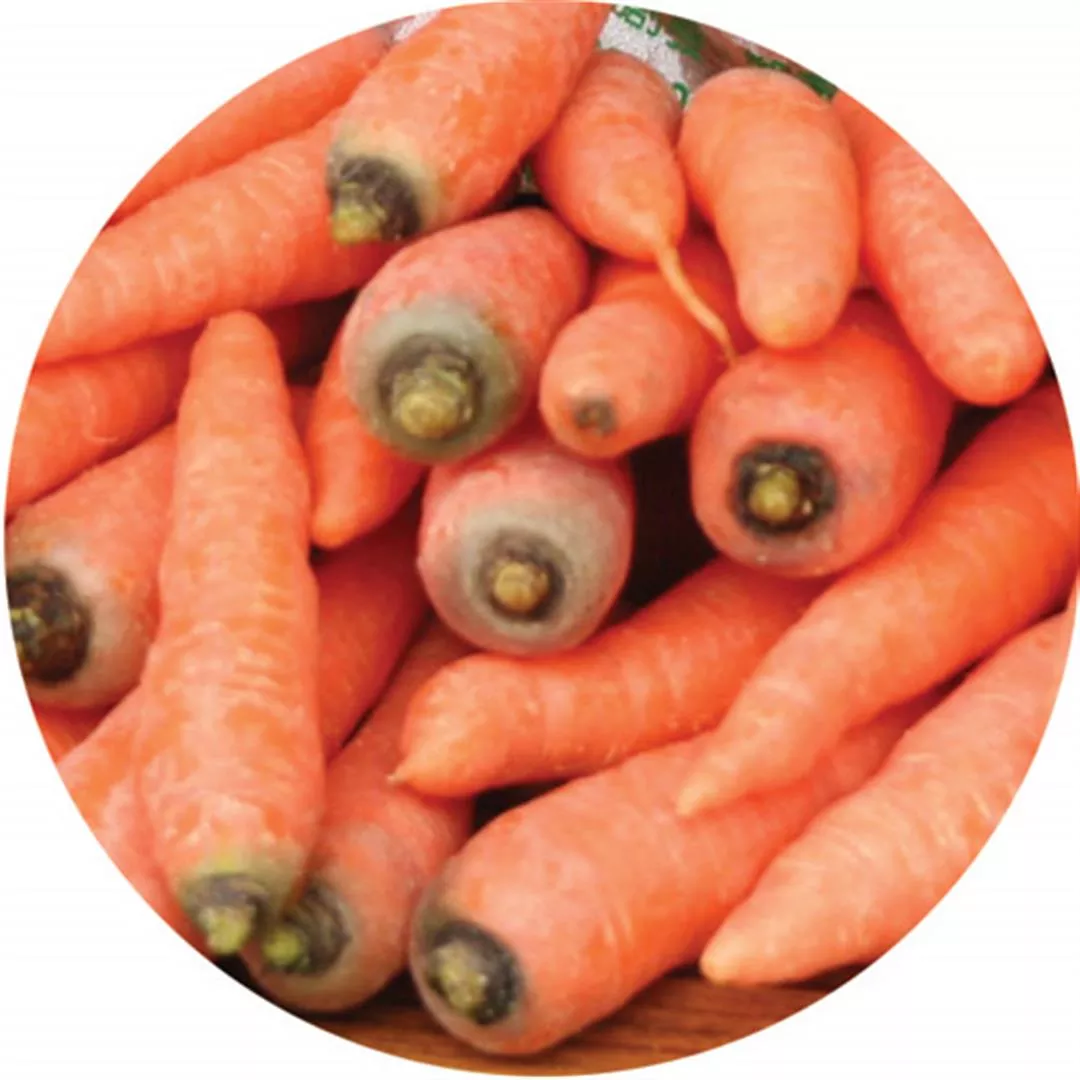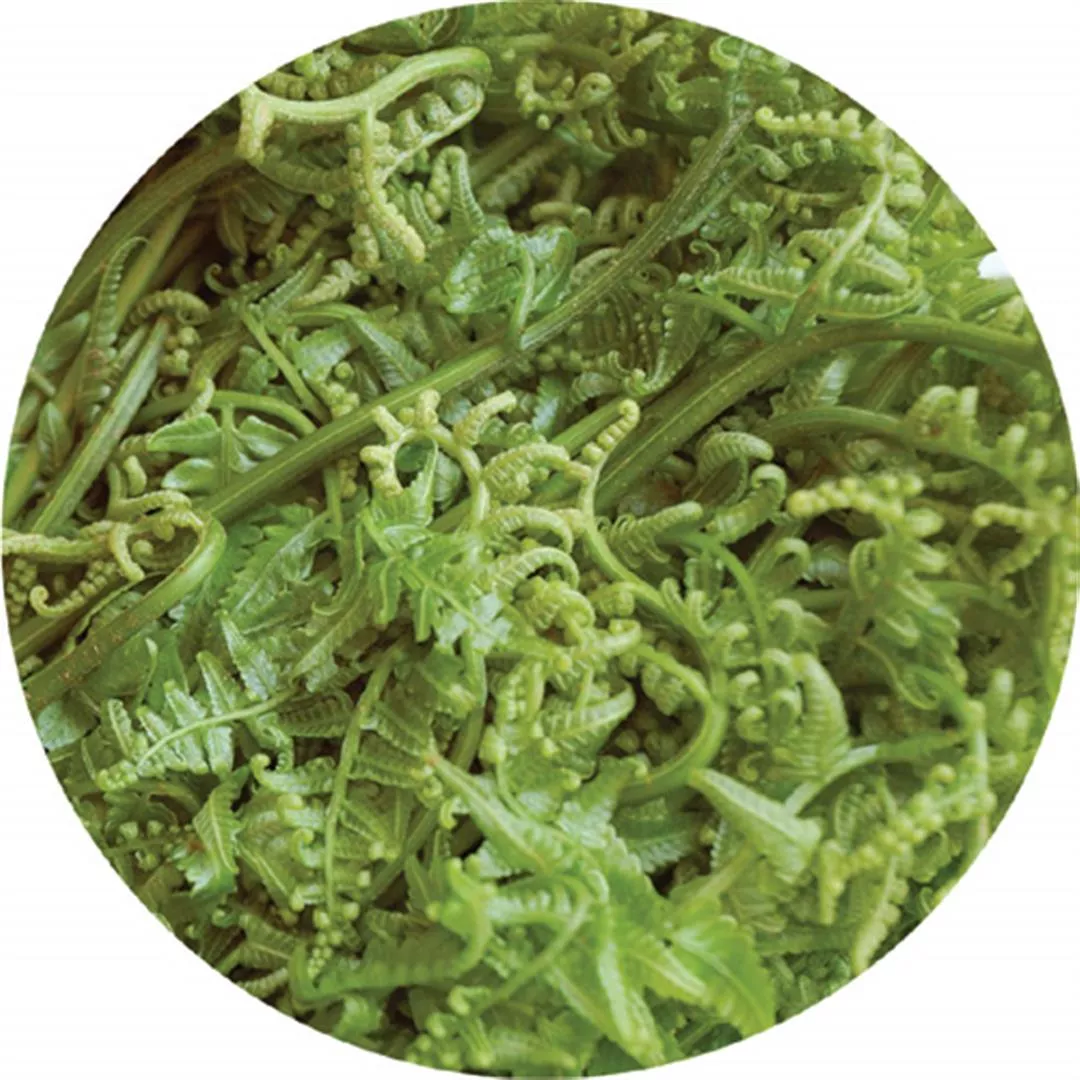Gaining understanding
The classes meet once a week, and the more than 20 students that took "good farming" clearly learned a lot. On the last class, they shared what they had gained, explaining that by working in the fields themselves and by observing farmers and hearing them explain the impact of a torrential downpour on their harvest, "You truly come to understand the hard work that goes into organic farming and the unreasonably meager prices their crops fetch." One student explained that after visiting Tungshih's Plum Culture Hall he had come to understand the hardship that Tungshih faces now that Taiwan has joined the WTO. "In various ways students gain actual experience that enables them to understand the importance of the connection between consumers and farmers," says Tao. When these students buy organic produce in the future, he says, they won't just be making a moral statement; rather they will be supporting those caretakers of the soil from the bottom of their hearts.
Although this grassroots education program is just getting off the ground, and has yet to achieve the critical mass needed to create a social movement, quite a few of the students have stayed enrolled for the entire three months, bearing witness to the potential for future growth.
"All in all, Hope is worth continuing," says Tao Fan-ying. "By creating a community with conscious buyers, the change in consumers' behavior will in turn lead to a change in producers' behavior." This concept might sound overly idealistic, but after just three months they've already seen tangible results. "The road is long; we're just beginning." Hope is feeling its way forward, correcting itself as it goes.
The market's first season of activities will end in August. Recently, Chen Meng-kai has found himself spread a little too thin, and has decided to close his organic restaurant. He has rented the 23,000-square-meter facility to Dharma Drum Mountain as a Zen Buddhist retreat center. Because Dharma Drum Mountain shares the same ideals as the Hope Market, "Hope will continue to grow under the care of Dharma Drum Mountain."
As for what the future holds in store for Hope, Chen and his cofounders are open-minded: "The substance of Hope will not change," says Chen. "As for what form is adopted to achieve that function--anything that works." Chen hopes the market can soon increase in frequency to once a week. Only then will it really help farmers. Once it matures here in Taichung, it can be expanded to Taipei, Hsinchu and all around Taiwan.
At that time, "hope, simplicity and living the good life" won't merely be ideals but will in fact be taking root both in the land and in people's lives.

The Hope Farmers' Market offers a "good farming" curriculum, which lets urban dwellers who have never picked up a hoe before experience the work of organic farming and come to a deeper understanding about the importance of forging connections between consumers and farmers.

The Hope Farmers' Market offers a "good farming" curriculum, which lets urban dwellers who have never picked up a hoe before experience the work of organic farming and come to a deeper understanding about the importance of forging connections between consumers and farmers.

The Hope Farmers' Market offers a "good farming" curriculum, which lets urban dwellers who have never picked up a hoe before experience the work of organic farming and come to a deeper understanding about the importance of forging connections between consumers and farmers.